Residents are involved in the creation of the city’s development strategy, enabling the realisation of a shared vision for the future.
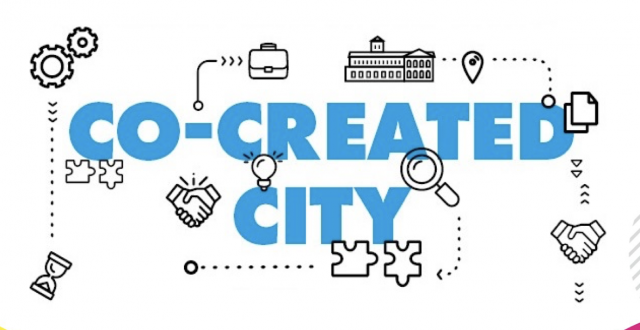

Residents are involved in the creation of the city’s development strategy, enabling the realisation of a shared vision for the future.
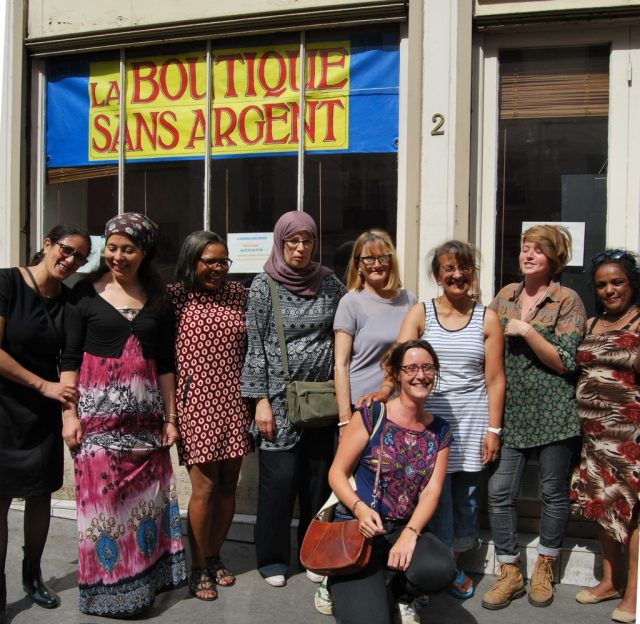
The Shop Without Money is a place where people can exchange objects and skills, but not money, thus multiplying the lifecycle of everyday objects and promoting the value of sharing in society.
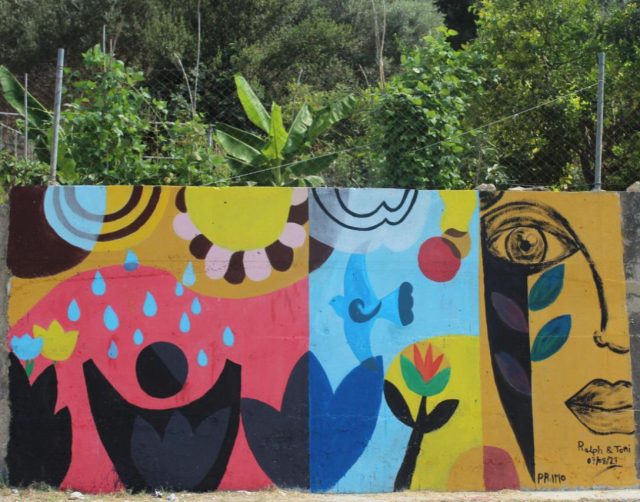
The village of Choualiq in Lebanon uses street art to show young people how they can help to shape their community through political engagement.
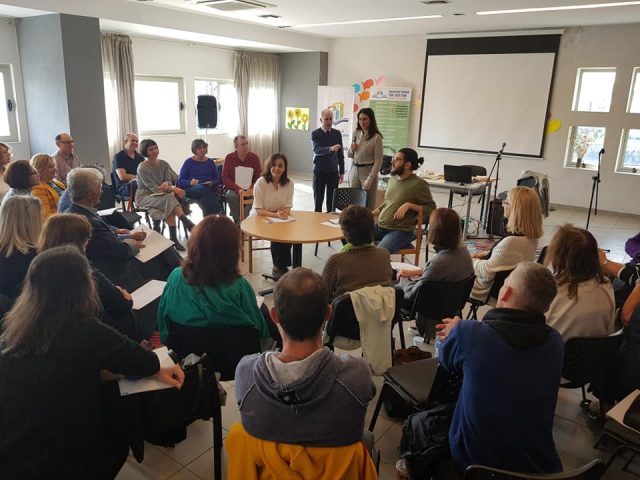
The Citizens’ University of Larissa promotes a culture of learning in the city, helping to improve the knowledge, skills and future prospects of all of the city’s residents.
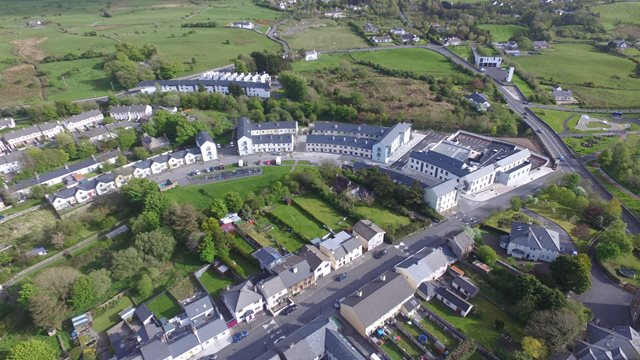
An innovative crowd-sourcing approach is implemented in response to Ireland’s housing crisis, allowing local residents to register vacant homes in their area and help create new homes from the existing housing stock.
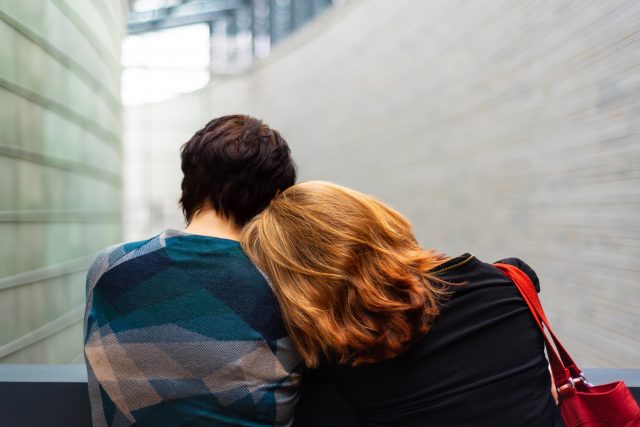
The Violence Algorithm establishes a coordinated institutional response to domestic violence and supports integrated prevention mechanisms.
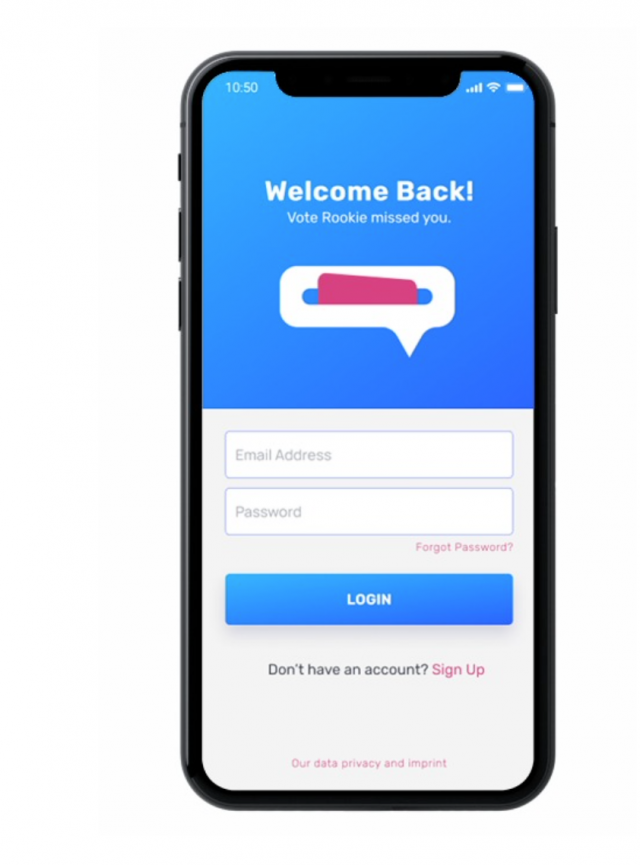
Vote Rookie promotes youth participation in politics by combining digital tools, civic education and gamification in one web-based App.
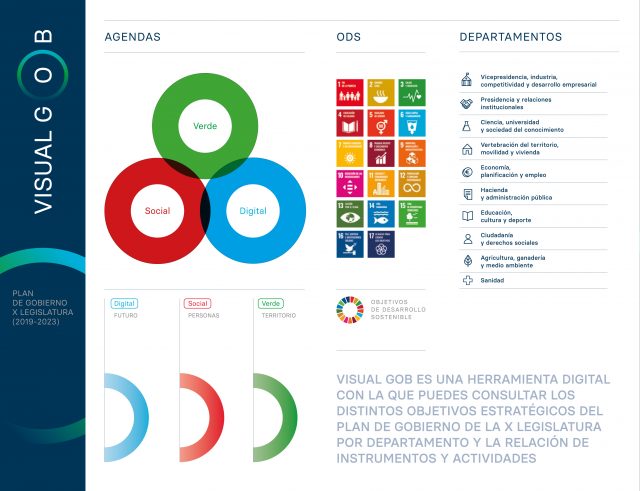
VisualGob is a new digital system which enables the visualisation of the Government Plan, allowing citizens to monitor their government’s progress in real time.
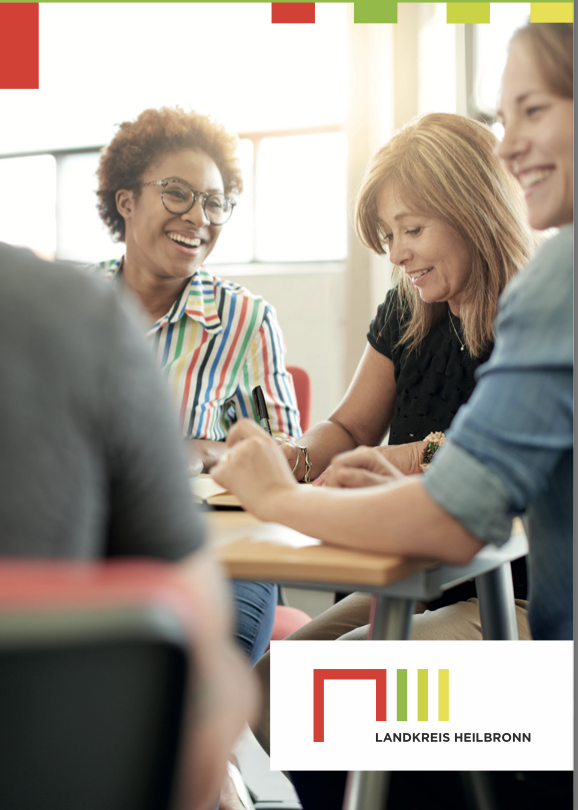
Parent-teacher mediators are familiar with the school systems in both their country of origin and in Germany, allowing them to assist newly arrived families in adapting to the changes.
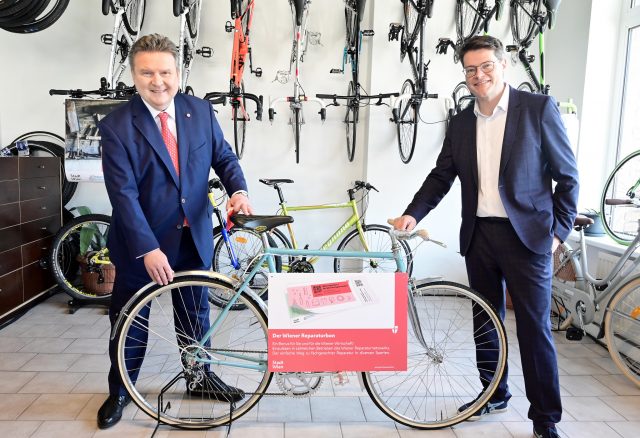
A voucher scheme subsidises the costs of repairs, encouraging consumers to fix old items instead of throwing them away and buying new ones.
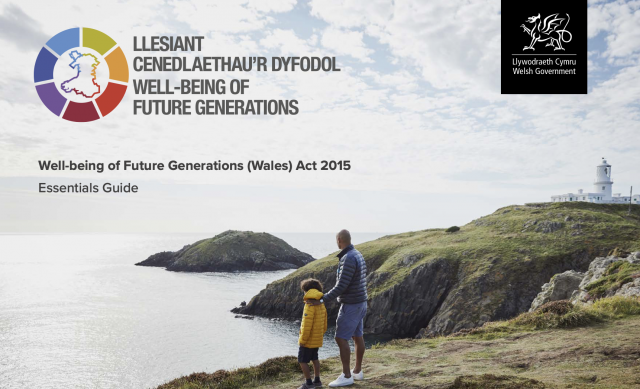
The Well-Being of Future Generations Act provides a legal link between the UNs’ Sustainable Development Goals and Wales’s future pathway by creating a set of seven country-level Well-Being Goals.
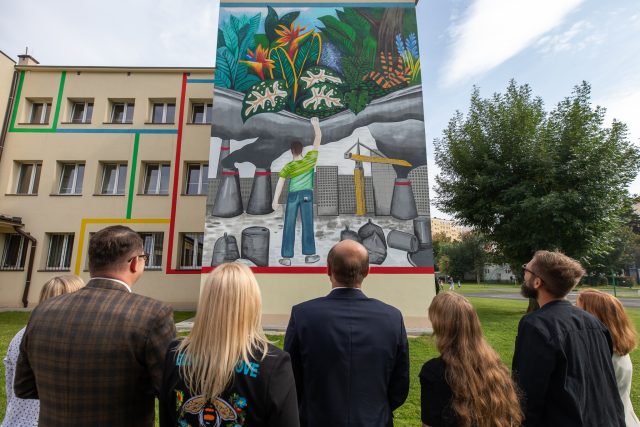
The Urban Lab Rzeszów involves local residents in the development of their city, improving the appearance of the city as well as the quality of life for all residents.
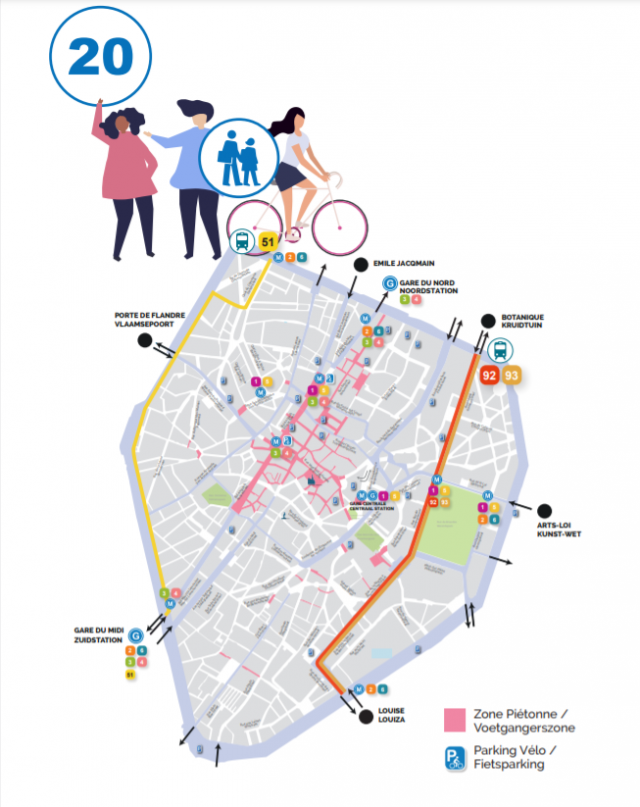
A temporary measure in response to the pandemic has become part of Brussels’ long-term mobility strategy; prioritising pedestrians and cyclists by reducing speed limits and allowing shared use of the roadway.
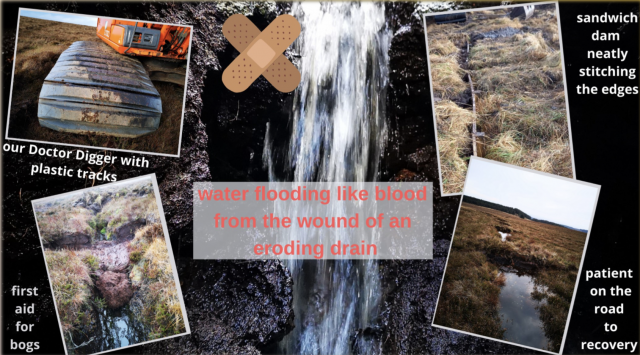
A cross-border environmental project improves the condition of special areas of conservation, resulting in cleaner water, reduced flood risk and increased biodiversity and carbon capture.
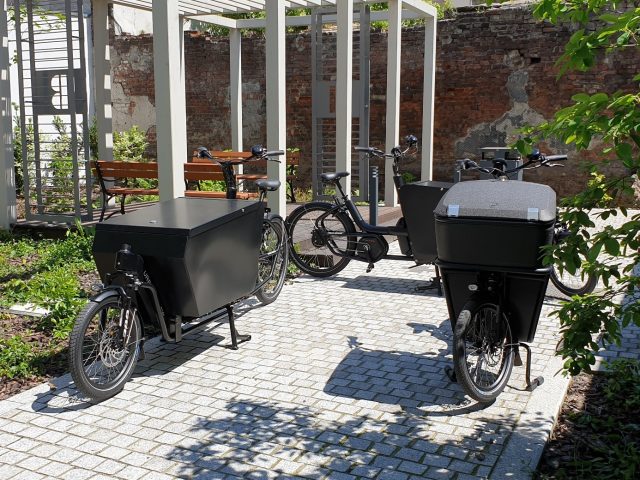
Big business subsidises the cost of cargo e-bikes so that entrepreneurs can take advantage of the multiple benefits of delivering goods using this sustainable form of transport.

United We Stream emerged as a response to the COVID-19 pandemic with a fundraising campaign for Berlin’s clubs, which then evolved into a streaming initiative showcasing cross-genre cultural formats for global audiences.
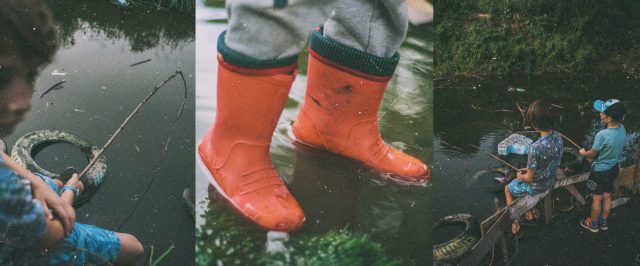
An outdoor adventure playground gives children the opportunity to explore nature with their peers under the supervision of specially trained play workers.
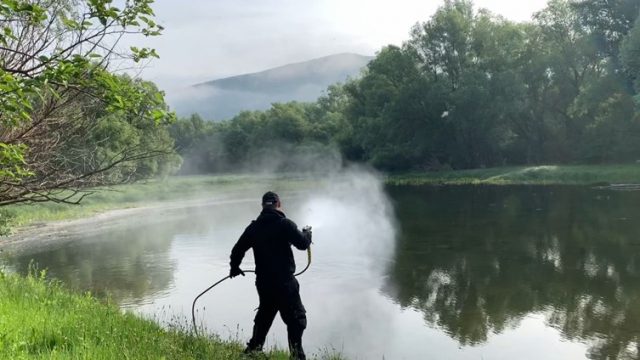
Experts and volunteer residents join forces to collect data in an environmentally friendly fight against mosquitos.
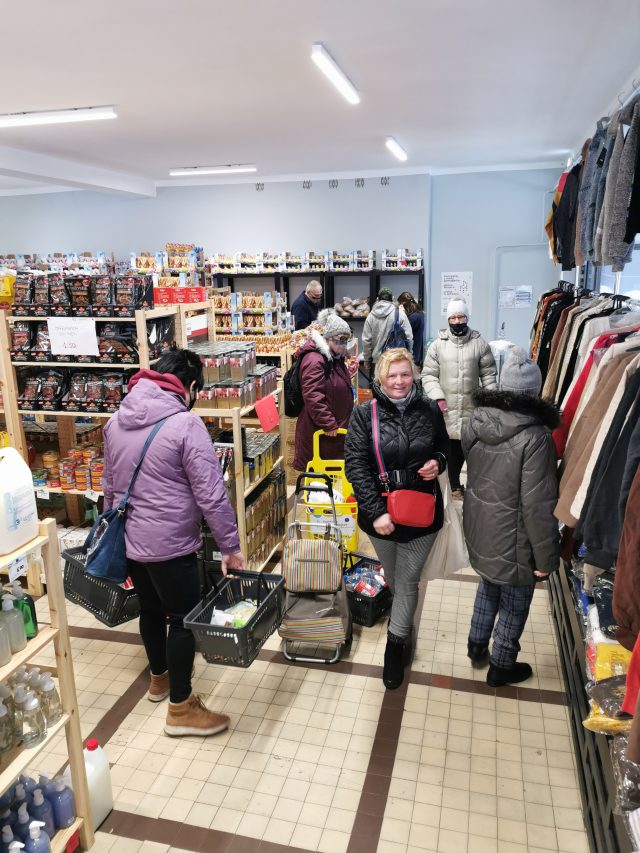
The first social supermarket in Poland provides high-quality goods at low prices, supporting the most socially and financially vulnerable residents while also reducing food waste.
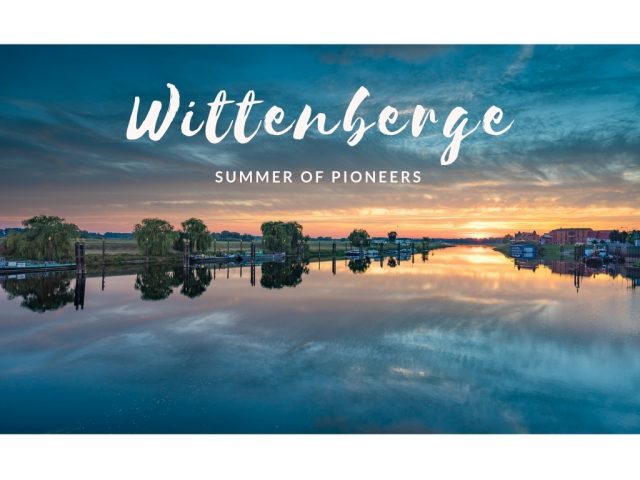
A small but well-connected town attracts young remote workers to the area by offering them a year in discounted accommodation and access to a co-working space.